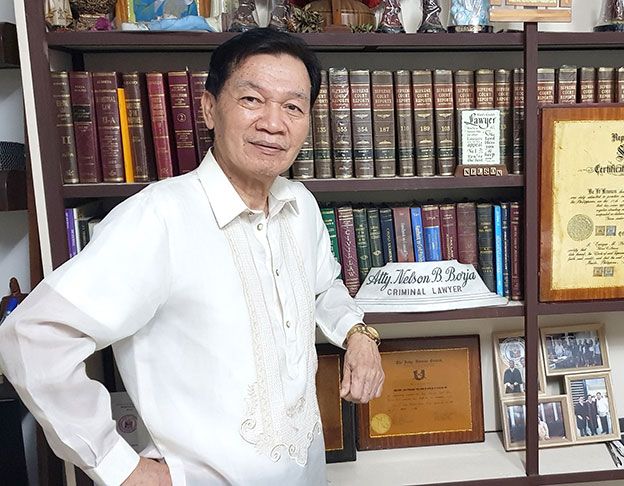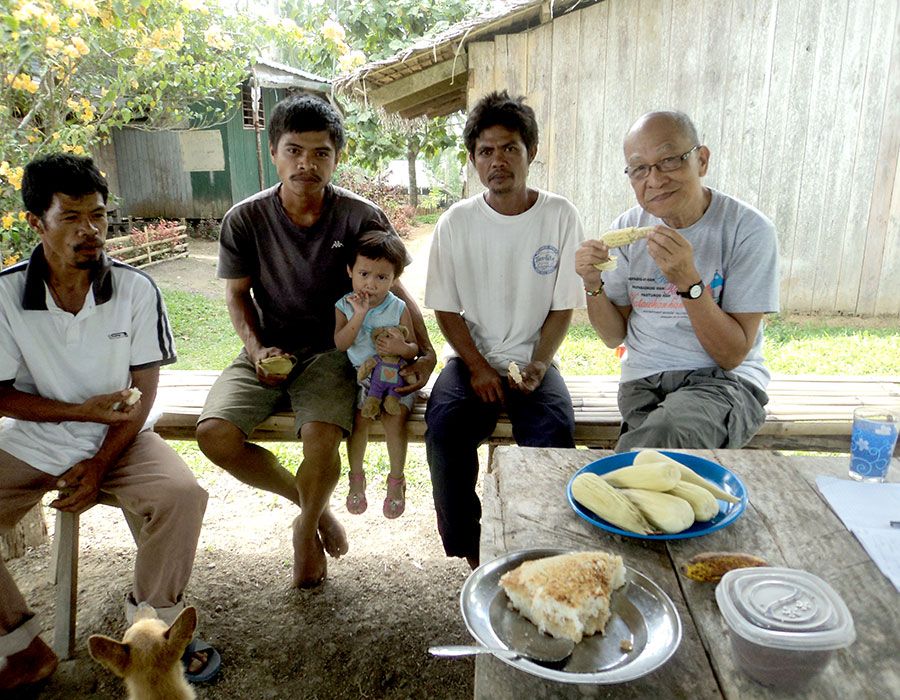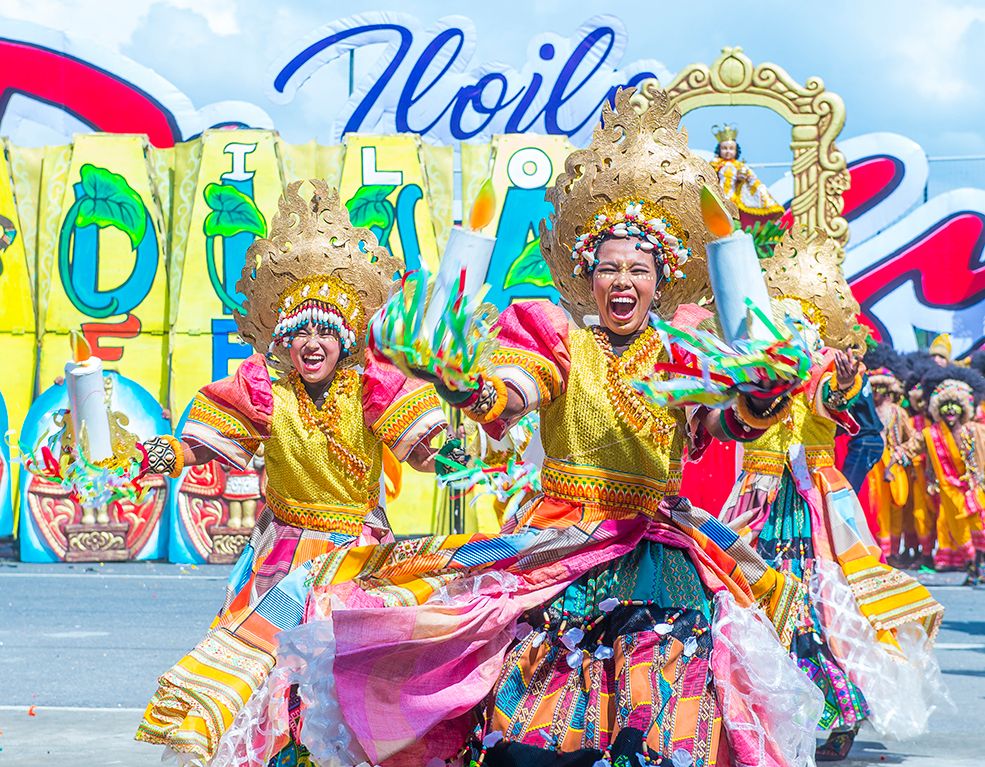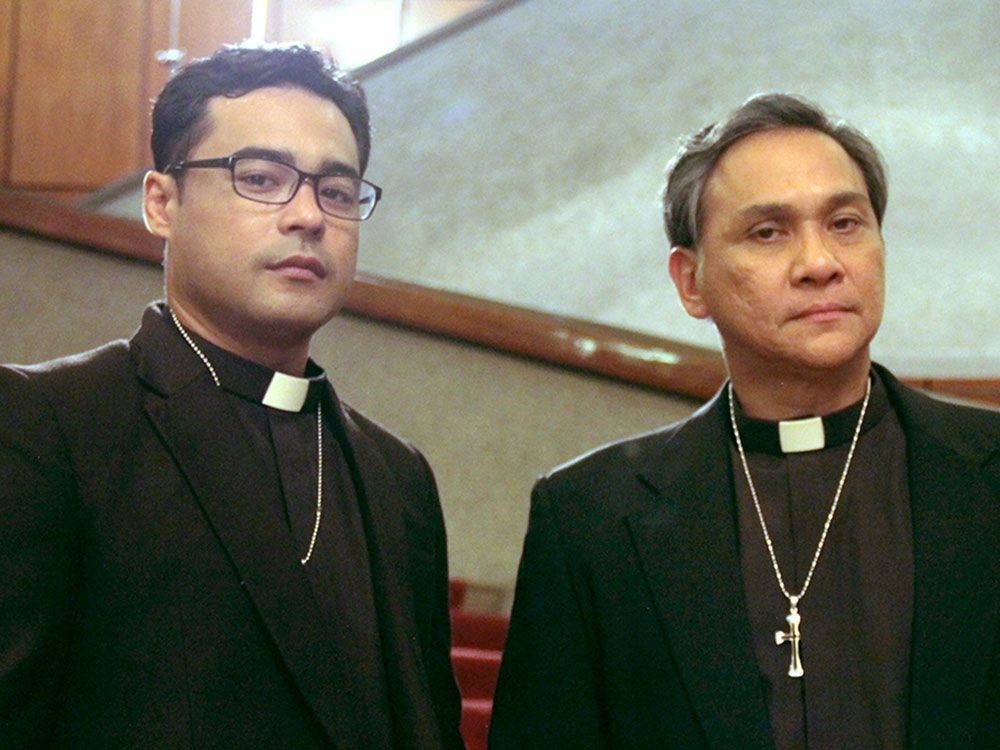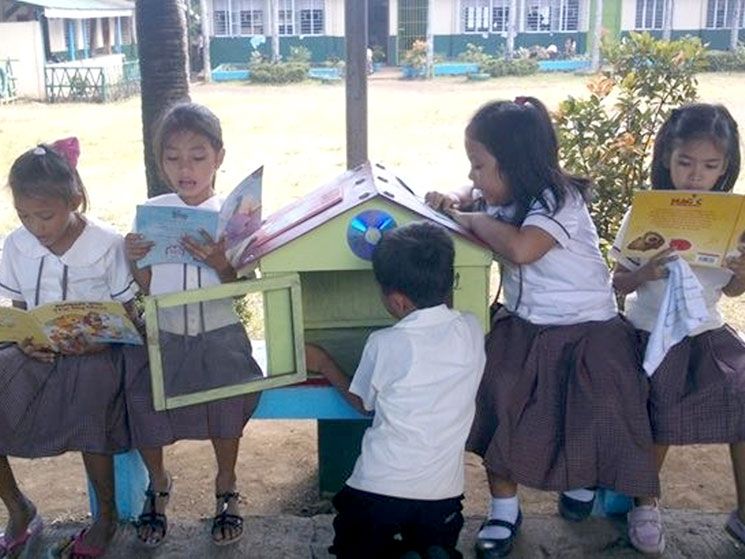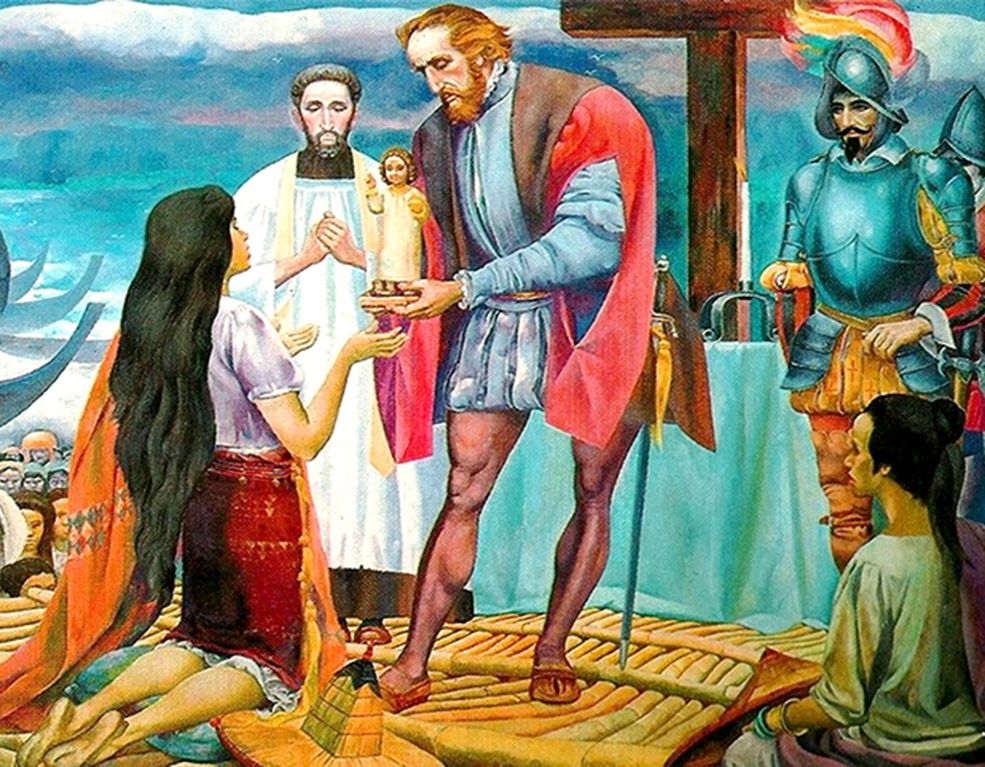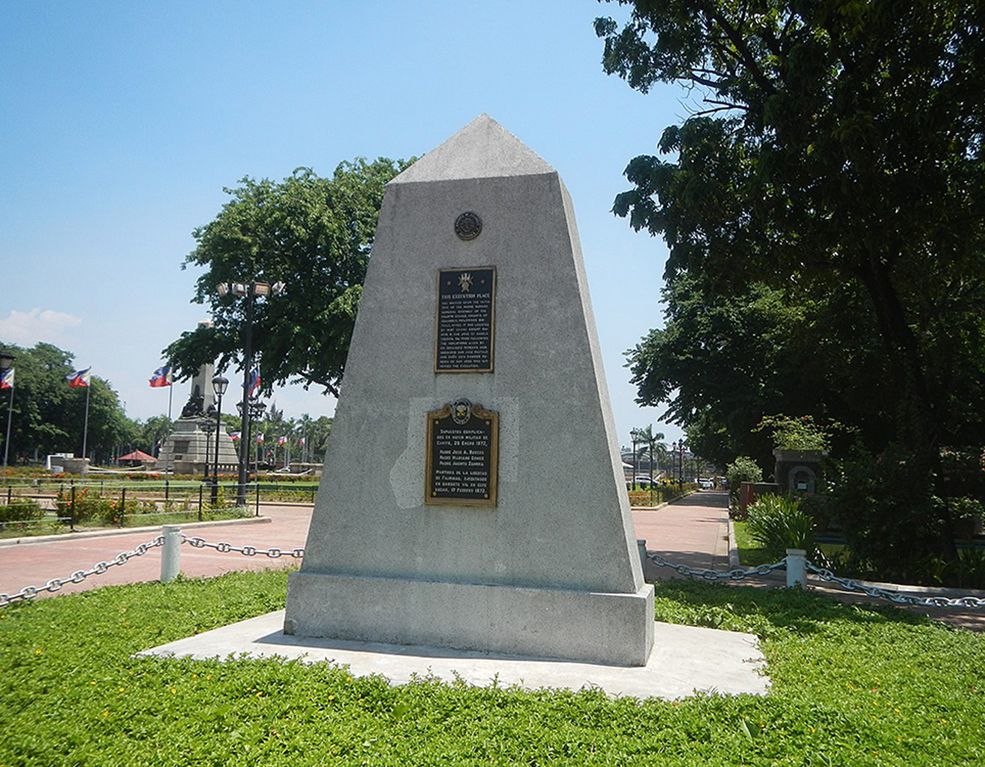For Fr. Pedro “Pete” Montallana, OFM (Order of Friar Minors), all started with a fire. Unlike St. Francis, who met and kissed a leper during an encounter at the countryside, Fr. Pete only heard about informal settlers who were left homeless by the fire that razed their community near the St. Gregory the Great Friary in Barangay Del Monte in Quezon City where he lived. Thinking of the families left homeless by the fire, Fr. Pete started to feel uncomfortable with his supposedly comfortable life inside the friary. “I could not take it in my conscience to be living in the comforts of the friary while there are homeless people nearby. I asked for permission to live outside and was given a one-year leave that started on November 11, 2011,” he said.
Fr. Pete had already imbibed simple lifestyle from the indigenous people he has lived with during his previous pastoral assignments in Isabela and Quezon Province but the Franciscan priest didn’t know there is a simpler way of life when he opted to live among the informal settlers. The 62-year-old priest didn’t exactly sought to live with the homeless victims of the fire but he rented a six square-meter room under a two-story wooden apartment that is connected to many other makeshift dwellings near a creek in West Riverside corner Apollo St. in Barangay Del Monte. He shared a communal restroom with four other families and has, for his neighbors, families living under the bridge since they could not afford to rent a proper dwelling given their scarce source of income.
“Right at the beginning of my stay there, I felt a process of conversion starting when I was ‘led’ to sweep the street in front of my house. Inside me, I struggled because I found it below my dignity as a priest. Strengthened by the humility of St. Francis, I forced myself to sweep the street as I saw my neighbors do. It did not take long before I would even smile at the people watching me,” Fr. Pete shared.
Liberating experience
It took sometime for Fr. Pete’s neighbors to get used to seeing a man clad in a brown habit going around the community. But when they eventually got to know the priest, Fr. Pete would celebrate Mass with them or organize them for Bible sharing sessions whenever his hectic work schedule with indigenous people permits. But it was not a simple immersion or exposure with the poor that Fr. Pete had wanted when he moved in to live with informal settlers. He didn’t exactly know what he was looking for in the community but the uncertainty led him to something greater. “When God liberated Francis through the leper, he showed the Church the power of poverty. (Similarly), the Lord, through the poor squatters, gave me a gift of deep conversion experience as I felt the liberating power of poverty,” he said.
The condition of the informal settlers made Fr. Pete realize that, despite their scant resources, the poor can still find reasons to be happy and to have faith. In a reflection article he wrote after leaving the informal settler community he lived in for the past year, he shared: “Once a woman carrying a child came to me at 4 p.m. asking: ‘Father, may I borrow P50 because my children and I have not eaten lunch yet. My husband who went to work has not come back yet.’ That incident touched me – or in the world of boxing – scored a knock out on my ego because this was to me like seeing the poor Mary and Jesus. So, instead of judgment, I began to relate, with mercy, to my neighbors who live under the bridge, to the scavengers, the contractual workers, the unemployed who kept on asking me for work and, most recently, those sleeping in the streets now because their houses were illegally demolished. ‘Am I the Good News of Jesus who proclaimed we are brothers and sisters belonging to only one Father or Mother?’ This is the question that continues to set me free,” he wrote.
Fr. Pete said he doesn’t mind if he had made a difference in his neighbors’ lives when he lived in the community for a year but claimed that it was his neighbors who did more to him. “It was a liberating experience for me to live with the poor. Sharing their joys and sorrows amid poverty made so strong an impact on my life that it wasn’t me who made a difference in their lives but them in mine,” he added.
New advocacy
Even though most of Fr. Pete’s time and effort are spent on serving indigenous people in various parts of the country and advocating for environmental protection, through the Sierra Madre Network, the priest said he has a newfound advocacy of organizing informal settlers against illegal demolition. He has observed that the constant threat of eviction intimidates the informal settlers. Witnessing them become helpless during the demolition of their humble dwellings made Fr. Pete recognize the peoples’ traumatic fear, which he personally attributes from the Filipino’s history of being a colony subject to colonizer’s oppression. Our history as an oppressed people brought that traumatic fear towards the authorities and I saw that fear in the informal settlers. When authorities come to demolish their houses, they can’t do anything more but just pray,” he said.
The priest, aware that the informal settlers are not without rights, felt that a better way to protect them from being violated is to organize and teach them to assert their rights: “Unless people know of their dignity as a human being, they would not fight to protect themselves and their rights.” This is why Fr. Pete said he would convince their Congregation to be more active in doing pastoral work among informal settler communities: “Based on my experience, priests can strongly influence a community. We can bank on that influence to empower these people to assert their rights. Fr. Pete urged his fellow Franciscans and priests to reflect on the conclusion of the Synod of Bishops in the Vatican City in considering to live with the poor.
According to the Synod of Bishops, “another symbol of authenticity of the new evangelization has the face of the poor. Placing ourselves side by side with those who are wounded by life is not only a social exercise but, above all, a spiritual act because it is Christ’s face that shines on the face of the poor: ‘Whatever you did for one of these least brothers of mine, you did for me’ (Matthew 25:40).” The Synod of Bishops underlined that, “we must recognize the privileged place of the poor in our communities, a place that does not exclude anyone but wants to reflect how Jesus bound Himself to them.” And added: “The presence of the poor in our communities is mysteriously powerful: it changes persons more than a discourse does, it teaches fidelity, it makes us understand the fragility of life, it asks for prayer: in short, it brings us to Christ.”
But if one is still wondering if it’s really liberating to be poor, ask the modern-day St. Francis, Fr. Pete. After all, it takes one to know one.



